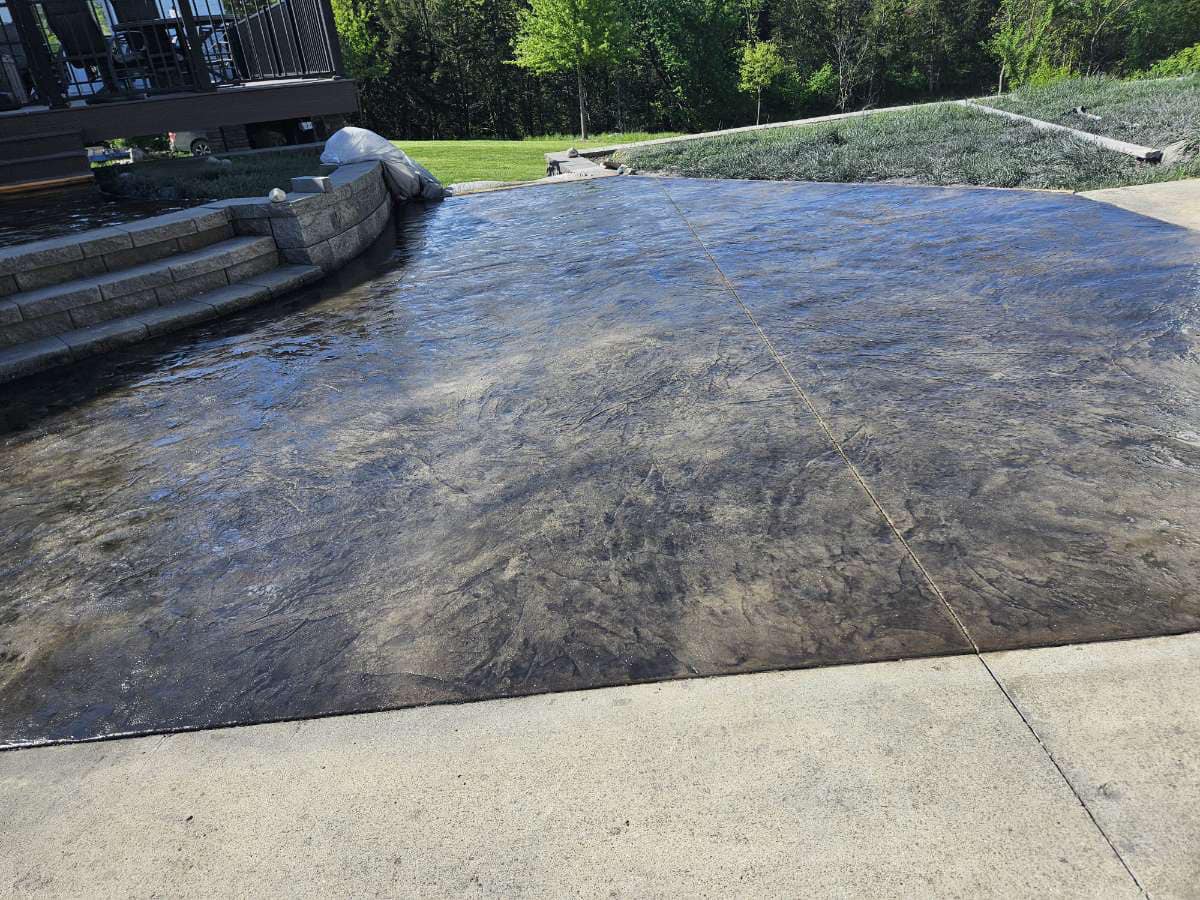
Sustainable Building: The Role of Advanced Concrete Technologies Aug 02, 2025
Concrete is renowned for its durability and versatility, making it a foundational material in construction. However, traditional concrete production has historically been energy-intensive, contributing significantly to carbon emissions. In response, advanced technologies are emerging that reduce these environmental impacts, paving the way for greener building solutions.
Key among these innovations is the development of green concrete mixtures. These formulations often incorporate environmentally friendly materials such as fly ash, slag, and silica fume, all of which are by-products of other industrial processes. By repurposing these materials in concrete, the industry reduces waste and conserves natural resources, supporting sustainable construction practices.
Another promising advancement is the utilization of carbon capture technology in concrete production. This process involves capturing carbon emissions produced during cement production and incorporating them back into the concrete mixture. The result is a reduction in the overall carbon footprint of the construction project, aligning with global efforts to mitigate climate change.
Smart concrete is another groundbreaking technology gaining traction within the construction sector. This type of concrete contains sensors embedded within it, allowing for real-time monitoring of structural integrity. By using smart concrete, builders can optimize maintenance schedules and prolong the lifespan of structures, reducing the need for costly and resource-intensive repairs.
Furthermore, self-healing concrete is a remarkable innovation that addresses one of the most common issues in construction: crack repair. This type of concrete contains capsules of healing agents that activate when a crack forms, effectively "healing" itself. This innovation not only reduces maintenance costs but also extends the longevity of concrete structures, contributing to sustainability.
For New Age Concrete and similar companies, adopting these advanced concrete technologies can enhance competitiveness while showcasing a commitment to sustainability. It provides clients with lower carbon footprint projects and improved long-term performance. Moreover, by using these technologies, companies can meet increasing regulatory, environmental, and client demands for greener building practices.
Embracing sustainable concrete technologies can also open up new business opportunities. By positioning themselves as leaders in sustainable construction practices, companies can attract environmentally-conscious clients and collaborators, laying the groundwork for future growth.
In conclusion, advanced concrete technologies play a crucial role in the sustainability of modern construction practices. By reducing environmental impacts and improving the efficiency and lifespan of concrete structures, these innovations support the industry's transition to greener building solutions. For New Age Concrete, incorporating these technologies into their services can lead to significant benefits, aligning with global sustainability goals and enhancing project outcomes. As the construction industry continues to evolve, staying ahead of these technological advancements will be key to success and sustainability in the years to come.
/filters:no_upscale()/media/a0f9859d-178a-4ea6-8d74-af775e7bb8ee.jpg)
/filters:no_upscale()/filters:format(webp)/media/17fbcb51-4891-438e-be86-9db5e2e77df1.jpg)